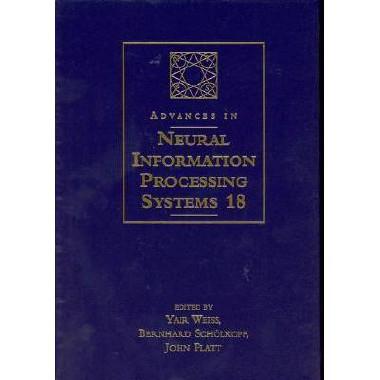The workshop will focus on the application of AI to problems in cyber security. Cyber systems generate large volumes of data, utilizing this effectively is beyond human capabilities. Additionally, adversaries continue to develop new attacks. Hence, AI methods are required to understand and protect the cyber domain. These challenges are widely studied in enterprise networks, but there are many gaps in research and practice as well as novel problems in other domains. In general, AI techniques are still not widely adopted in the real world. Reasons include: (1) a lack of certification of AI for security, (2) a lack of formal study of the implications of practical constraints (e.g., power, memory, storage) for AI systems in the cyber domain, (3) known vulnerabilities such as evasion, poisoning attacks, (4) lack of meaningful explanations for security analysts, and (5) lack of analyst trust in AI solutions. There is a need for the research community to develop novel solutions for these practical issues.
翻译:讲习班将侧重于将大赦国际应用于网络安全问题;网络系统产生大量数据,有效地利用这些数据超出了人的能力;此外,对手继续发展新的攻击;因此,需要采用大赦国际的方法来理解和保护网络领域;这些挑战在企业网络中得到了广泛的研究,但在研究和实践方面有许多差距,在其他领域也存在新问题;一般来说,在现实世界中,大赦国际的技术仍然没有被广泛采用;原因包括:(1) 缺乏大赦国际的安全认证;(2) 缺乏对互联网领域大赦国际系统的实际限制(例如权力、记忆、储存)的影响的正式研究;(3) 已知的弱点,如逃避、中毒袭击;(4) 安全分析师缺乏有意义的解释;(5) 分析师对大赦国际解决办法缺乏信任;研究界需要为这些实际问题制定新的解决办法。




